Wilber Escorcia, Ph.D.
Wilber Escorcia is a natural philosopher! He obtained a B.A. and M.S. in biology from California State University, Northridge. He completed a Ph.D. in molecular biology at the University of Southern California. Prior to joining Xavier University, he carried out postdoctoral work at the USC Leonard Davis School of Gerontology. He has previously taught at Cal State LA, UCLA, and USC.
Relative comparison of lipid abundance in fission yeast cells stained with Nile Red.
Wilber's work at Xavier University focuses on examining the interaction between genomic instability and other hallmarks of aging. He is currently interrogating how lipid deregulation communicates with DNA damage to disrupt cellular and organismal aging. He uses bioinformatics, genetics, molecular biology, physiology, and microscopy approaches to address his research questions. As of May 2023, Wilber is a new member of the Mid-West Aging Consortium (MAC), which provides a platform to promote and facilitate advances in aging research in the upper Mid-West.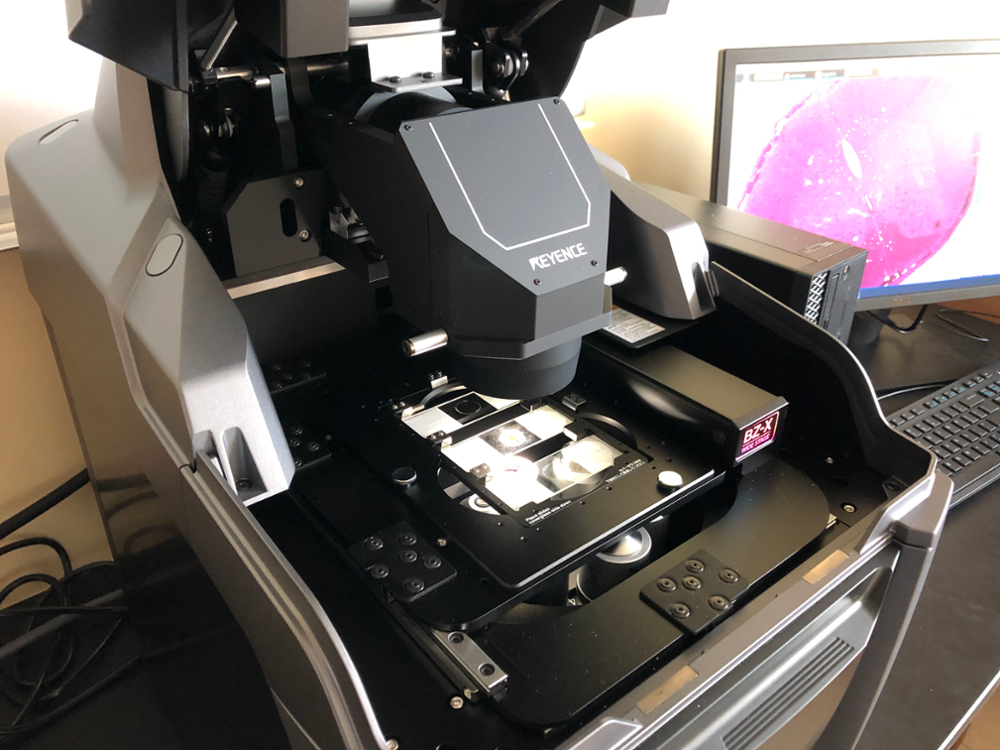
Keyence microscope system used to study fission yeast and C. elegans in the Escorcia Lab.
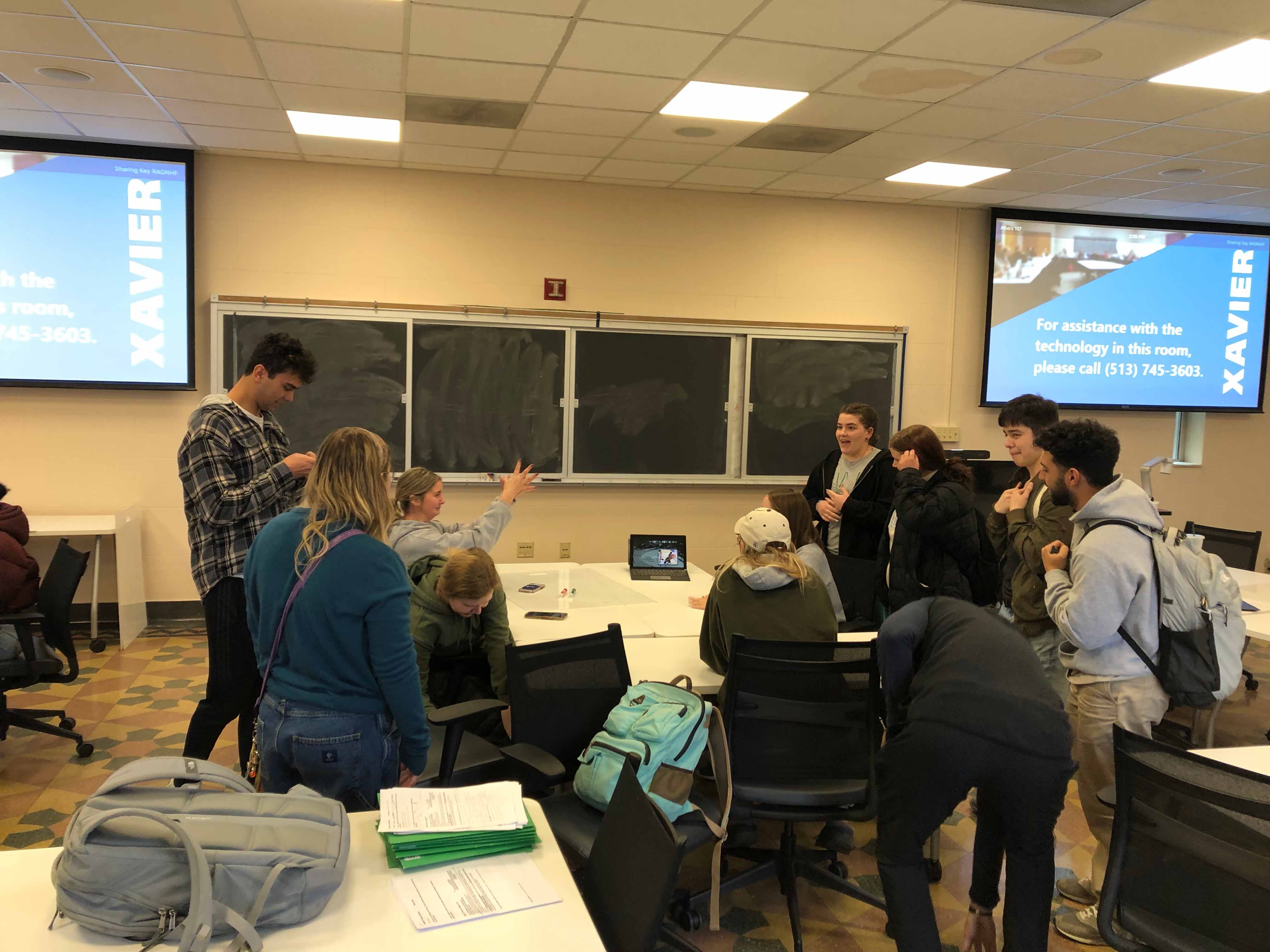
In addition to his roles in teaching general biology (BIOL160) and its associated lab (BIOL161), Wilber's educational reach extends to genetics and connected lab (BIOL230/231), professional communication in the sciences (BIOL299), medical genetics (BIOL430), molecular genetics of aging (BIOL435), and methods of biological research (BIOL498/499). These courses notably intertwine with his research pursuits, providing the foundational knowledge and practical skills necessary for investigating accelerated molecular and cellular aging in fission yeast and C. elegans. This curriculum empowers students in his courses with a holistic understanding of genetics, professional communication, and research methodologies; all essential competencies in unraveling the intricate mechanisms of the cell.
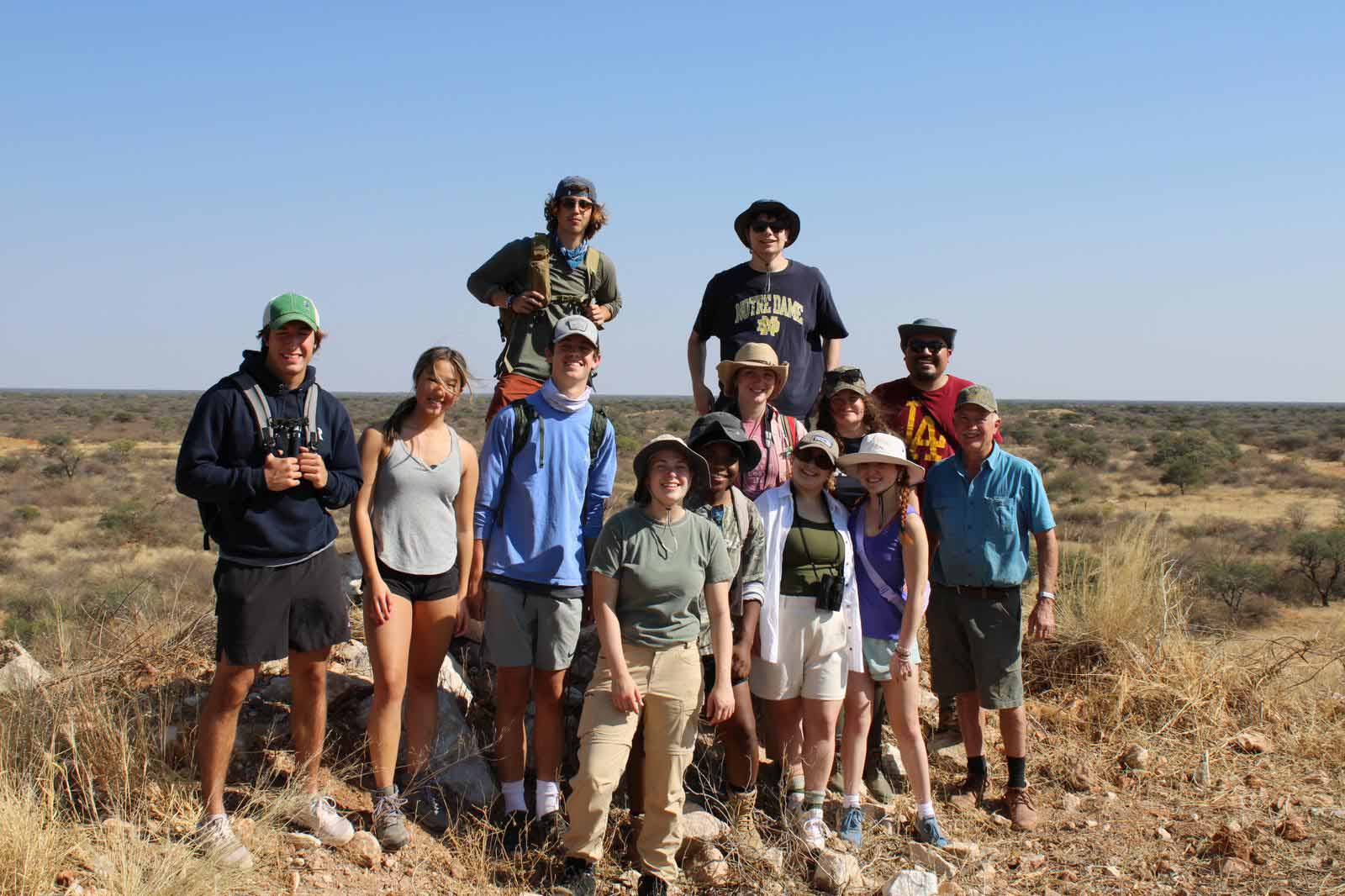
An active advocate of impactful experiential learning, Wilber actively engages in Xavier Expeditions in Namibia and Rwanda, where he instructs the courses on comparative animal lifestyles (BIOL108/109) and comparative biology of aging (BIOL280). These courses delve into biological aging within the context of extrinsic environmental influences that accelerate functional decline and cellular senescence. As students immerse themselves in the wild, they gain the ability to contemplate, analyze, and infer immediate reasons behind reduced health span and lifespan in wild life. Detached from their usual surroundings, they critically evaluate their own biological aging, paving the way for new research questions arising from in-depth analysis of their observational data.
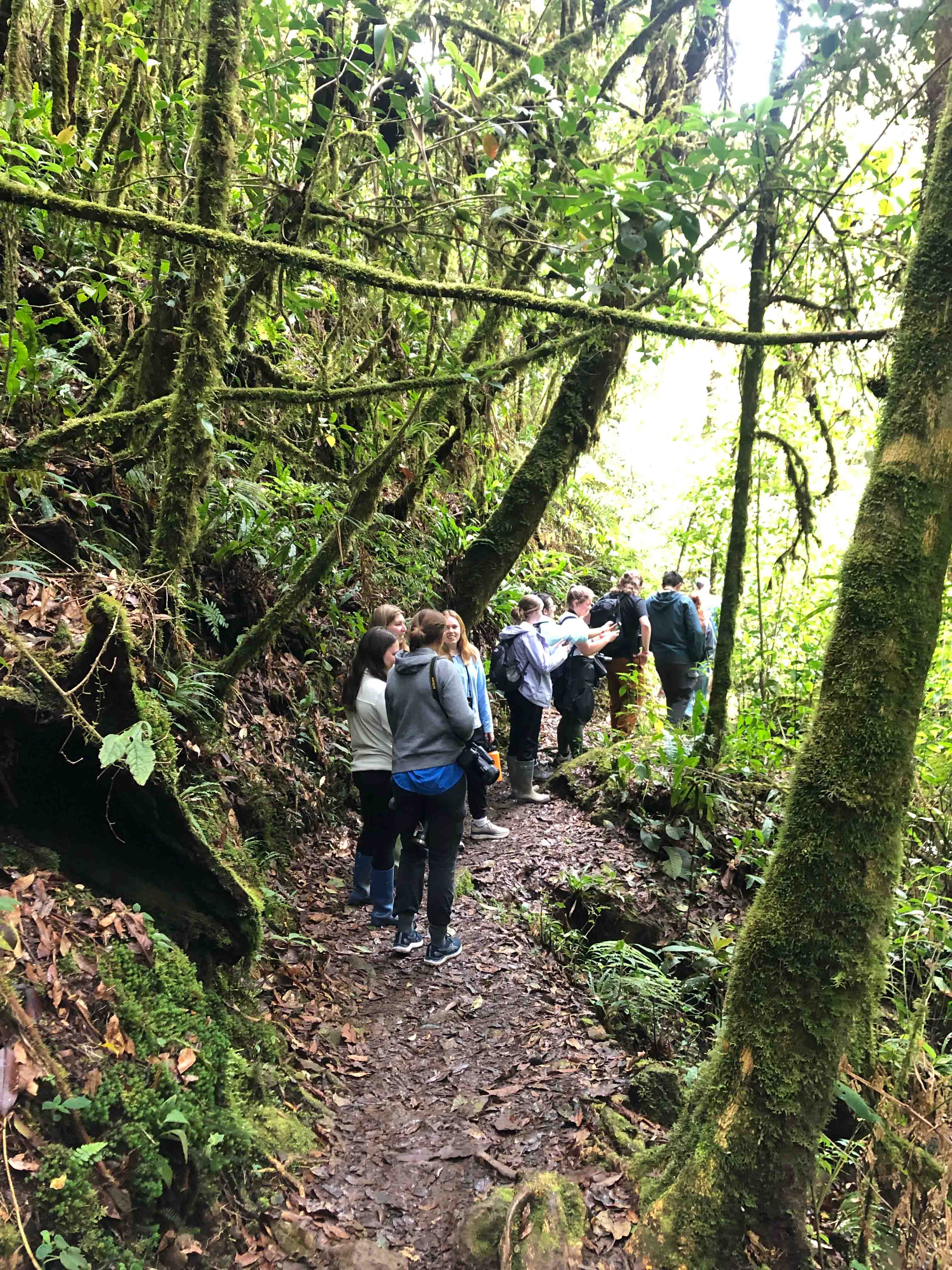
Wilber also participates in courses abroad offered by the Biology Department including tropical biodiversity (BIOL122) and tropical ecology (BIOL255) in Costa Rica as well as a genetics course (BIOL230) at-a-distance in England. These courses help students engage with course material in a context where they depend on team-building and group activites for assignment completion, but require to develp self-reliance and independence to thrive in a foreign environment.
During his free time, Wilber enjoys reading non-fiction, playing the ukulele, and spending time with his geriatric dachshund dog Lucy, who brings much joy to his and his wife's lives.
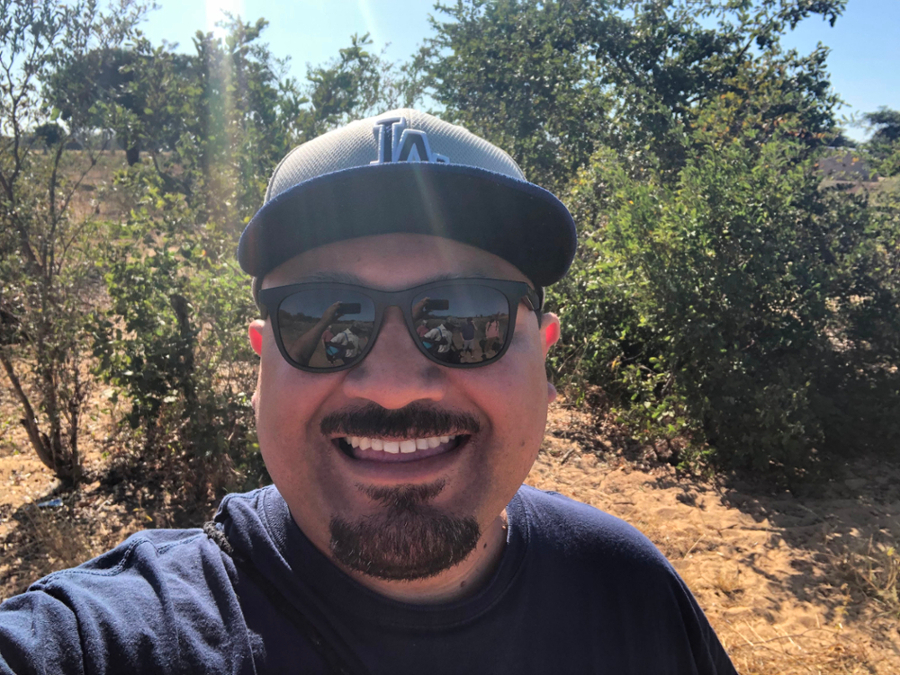

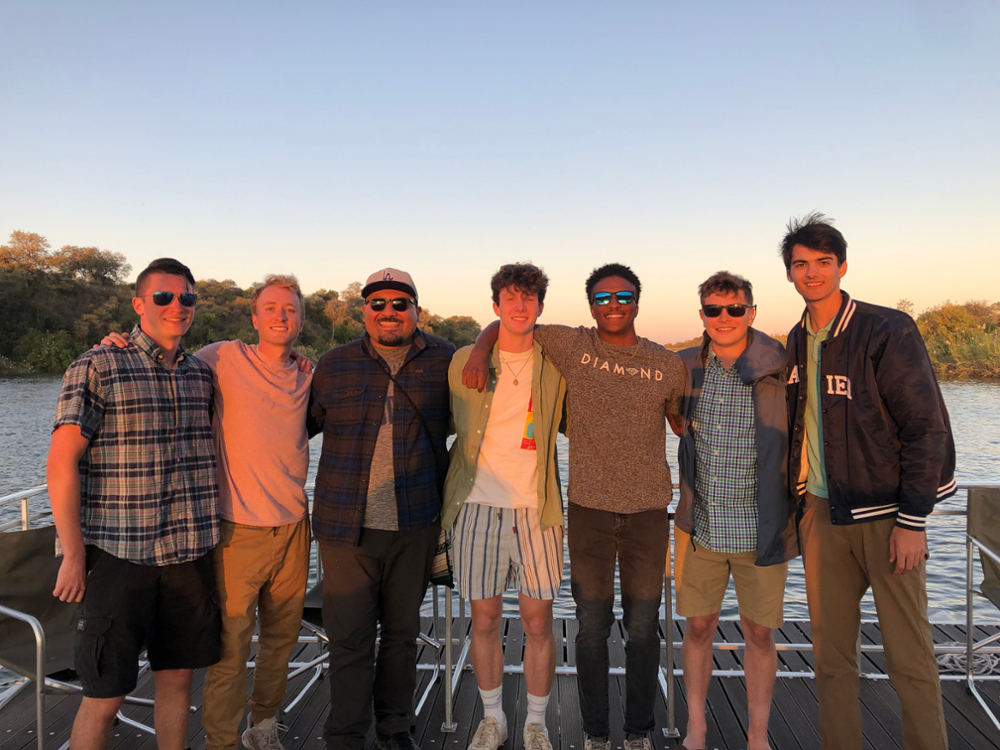
 Wilber and his research assistant, Lucy!
Wilber and his research assistant, Lucy!